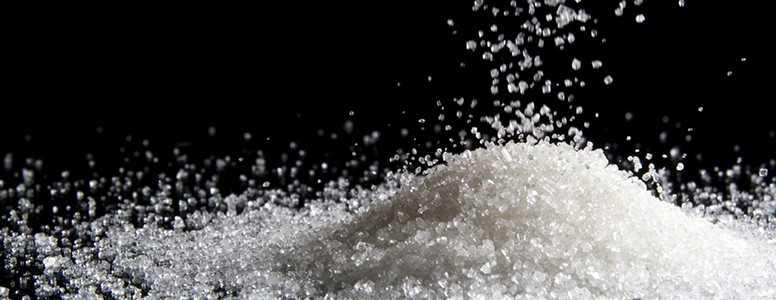“Healthy” alternatives to sweets actually contain more sugar, according to campaign group Action on Sugar.
Action on Sugar examined the sugar contents of 94 fruit snacks. A third of them contained between 15 and 20 grams of sugar.
The sugar content of these snacks, according to Action on Sugar, suggests that the food industry is misrepresenting the content of their products, and thereby exacerbating the obesity health crisis.
Obesity, although by no means the only cause of type 2 diabetes, is the most common risk factor in its development. Obesity also increases the risk of several other health conditions, including stroke, heart disease, and some types of cancer.
“Parents find it hard enough to know what ‘healthy’ is without food manufacturers confusing matters with misleading claims,” said Katharine Jenner, campaign director at Action on Sugar.
“Whole, unprocessed fruit is healthier than processed fruit snacks and fruit juice drinks, as it contains vitamins, minerals, water and fibre, and does not cause the devastating tooth decay we see in young children today.”
The food industry has defended itself against the findings, arguing that most of the snacks examined by Action on Sugar contain no added sugar. Those that do, they claim, are clearly labelled as such.
“Dried and pureed fruit and vegetables count as part of your ‘five-a-day’ under government guidance, alongside fresh, tinned froze,” said Barbara Gallani, director of regulatio, science and health at the Food and Drink Federation.
“About two third of the fruit snacks surveyed contain no added sugars and of the third that do, far from being ‘hidde,’ this is clearly listed on the pack in the ingredients panel.
“Parents can use this information to compare and choose between products.”
It is not the first time Action on Sugar have found surprising amounts of sugar in food products. A report published in March found that some breakfast cereals contain as much as 39g of sugar per 100g.
Many commentators have insisted that sugar is a leading cause of the obesity and type 2 diabetes crisis, and have pointed to a lack of regulation in the food industry as a contributor to our increasingly unhealthy diets. Colin Michie, chairman of the nutrition committee at the Royal College of Paediatrics and Child Health, described the findings as “frightful” and “stunning.”
“None of us needs sugar in our diets at all. It is all completely unnecessary. Fruit contains fibre, which we all need to function properly, but in these snacks the benefits of fruit have been sacrificed by covering them in yoghurt and other sugary coatings.”
What's new on the forum? ⭐️
Get our free newsletters
Stay up to date with the latest news, research and breakthroughs.



